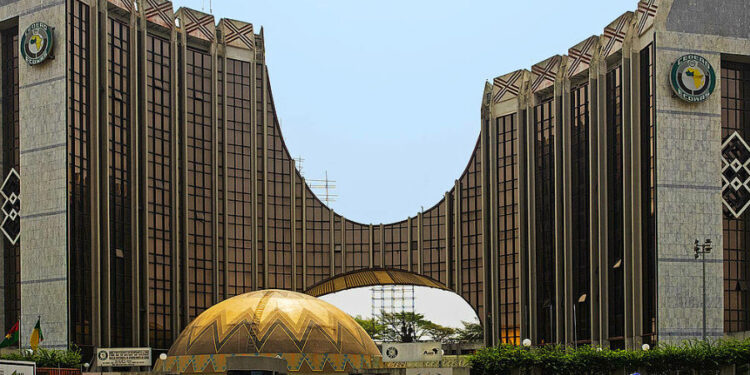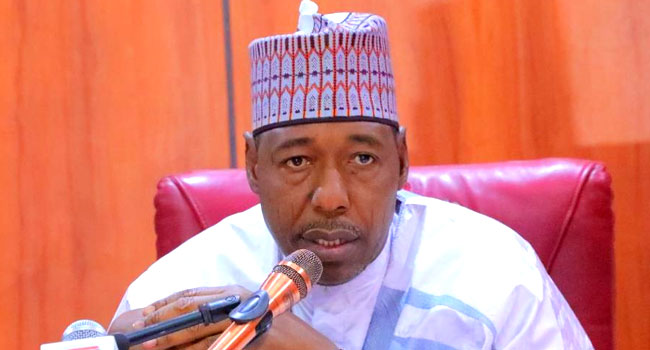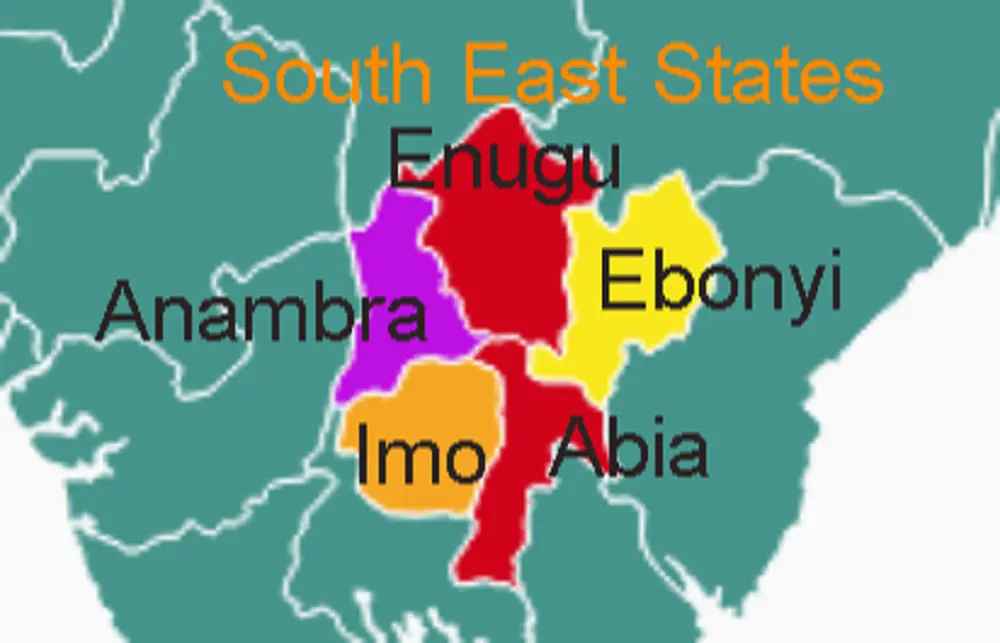Nigeria is preparing to contribute an additional $100 million to the ECOWAS Bank for Investment and Development (EBID), reinforcing its role in fostering regional development projects.
Dr. George Donkor, President of EBID, made the announcement during an interactive session with leaders of ECOWAS institutions and agencies at the First Ordinary Session of the ECOWAS Parliament, currently underway in Abuja. The session provided a platform for the bank to present its progress and strategic vision focused on regional integration, economic transformation, and sustainable development.
Donkor highlighted that Nigeria remains the largest shareholder in EBID, holding around 33% of the bank’s total shares, followed by Ghana and Côte d’Ivoire.
“Nigeria is the biggest contributor to EBID and is in the process of paying an additional $100 million,” he said.
EBID’s Impact and Investments
Represented by MacDonald Goanue, EBID’s Director of Research and Strategic Planning, Donkor revealed that since its inception in 1999, the bank has disbursed over $2.5 billion to support nearly 300 projects across the ECOWAS sub-region.
In 2024 alone, EBID approved 10 new projects valued at $439.74 million and reviewed 21 others. The projects span vital sectors such as infrastructure, energy, healthcare, agriculture, education, and digital innovation.
Flagship initiatives include connecting electricity grids between Mali and Côte d’Ivoire, providing solar power to 750 community facilities in Benin, and constructing a key bridge linking AIBD to Blaise Diagne International Airport in Senegal.
The bank also supports MSME financing and public-private partnerships, particularly in agro-processing and manufacturing.
The number of projects receiving disbursements grew from 56 in 2023 to 77 in 2024. However, the loan disbursement rate slightly declined to 20.54% from 21.58% the previous year.
Nigeria’s Projects and Strategic Partnerships
In Nigeria, EBID has partnered with the Bank of Industry and other financial institutions to support several private sector projects.
Donkor also noted that India has provided a $1 billion facility to EBID since 2006, targeting infrastructure, energy, transportation, and private sector initiatives across West Africa.
He clarified that EBID is not a commercial bank and relies on contributions from member states and international financing rather than customer deposits.
Recent Funding Approvals
According to a Nairametrics report, EBID’s board recently approved a financing package totaling €230 million and $10 million to spur regional development.
This includes a $180 million credit line to Mota-Engil Nigeria for the Kano-Maradi standard gauge railway, a major infrastructure project set to link northern Nigeria with the Republic of Niger. The project is expected to generate over 100,000 construction jobs and 20,000 permanent roles upon completion.
Donkor emphasized that collaboration between EBID and the ECOWAS Parliament is crucial for realizing a prosperous, stable, and integrated West African region.





